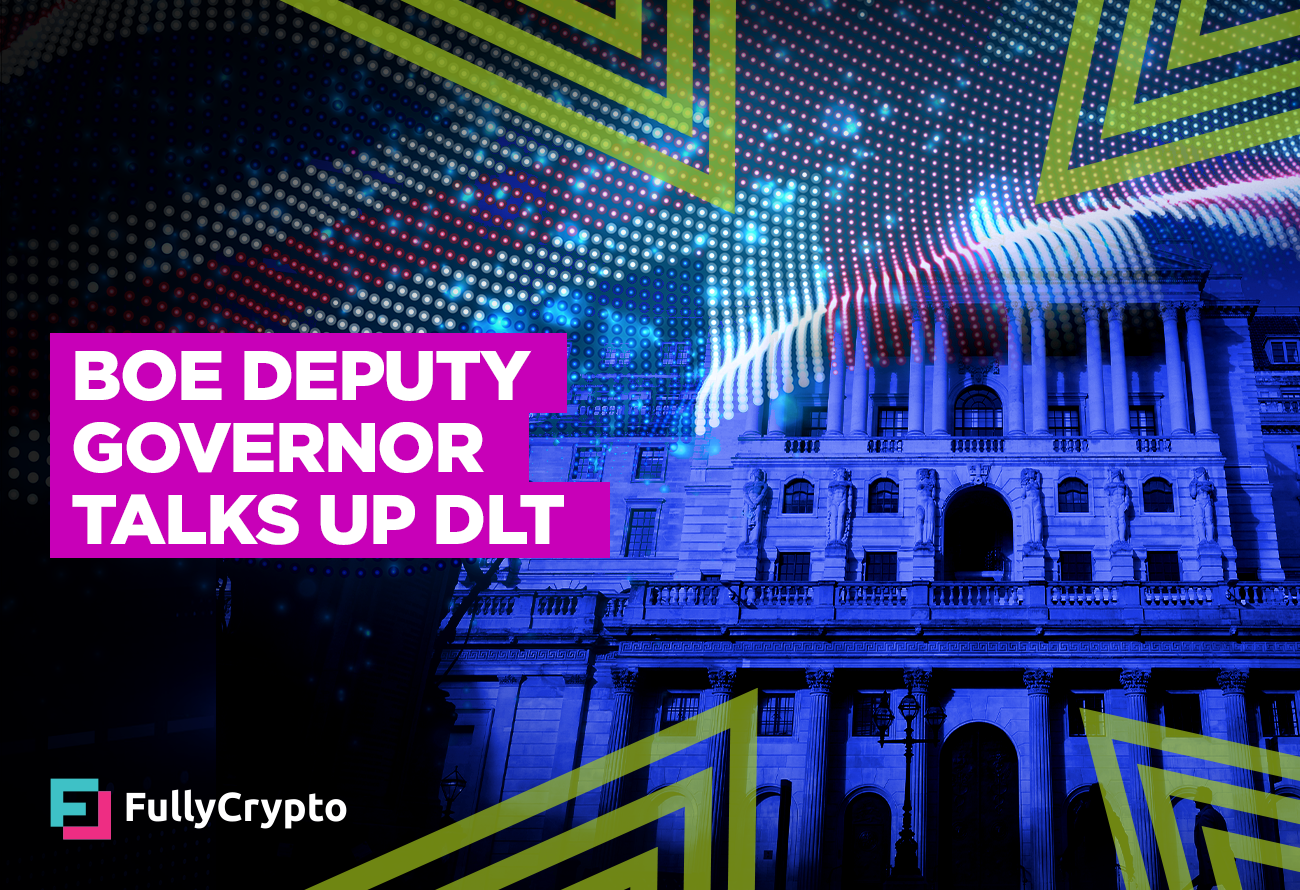Bank of England: DLT Offers Greater Efficiency and Functionality


Reading Time: 2 minutes
- The Bank of England has expressed interest in exploring decentralized ledger technology (DLT) to provide faster and more efficient processes for institutions
- Deputy Governor Sarah Breeden voiced her support for DLT during her speech at the Innovate Finance Global Summit 2024, emphasizing the bank’s commitment to stablecoin regulatory frameworks
- Discussions regarding a Central Bank Digital Currency (CBDC), colloquially known as ‘Britcoin,’ are ongoing
A high-ranking Bank of England official has revealed that the bank is keen on exploring the use of decentralized ledger technology (DLT) in order to offer “faster, more efficient processes” to institutions. The bank’s Deputy Governor for Financial Stability, Sarah Breeden, voiced her support for the technology during her speech at the Innovate Finance Global Summit 2024 on Monday, where she also emphasized the bank’s commitment to regulatory frameworks for stablecoins in retail payments. Breeden also noted that the Bank of England is still in the discussion process over a Central Bank Digital Currency (CBDC), with the bank still hopeful that the ‘Britcoin’ will be in place by the end of the decade.
“Greater Efficiency and Functionality”
In her speech, Breeden noted that “radical change may be ahead of us” in the way in which money is managed, extolling the virtues of DLT and tokenization to offer faster and more efficient processes:
Technologies loosely grouped under the broad heading of ‘tokenisation’ – distributed ledger technology (DLT) and the potential for atomic settlement and programmability, as pioneered in crypto-asset markets – have the potential to offer greater efficiency and functionality for ‘real world’ retail and wholesale payments. That innovation matters for our role in maintaining monetary and financial stability, and also has the potential to offer significant benefits for customers and businesses, economic activity and growth.
With regard to retail payments, Breeden noted that the bank’s experiments with the private sector and the London Centre of the Bank for International Settlements’ Innovation Hub have shown how use cases for DLT technologies can “embed payments more deeply, automatically and efficiently into our increasingly digital lives.”
The Bank of England and the Financial Conduct Authority (FCA) recently proposed a Digital Securities Sandbox, set to kick off this summer, which aims to facilitate real-world trading venues and settlement systems utilizing DLT and other emerging technologies, with plans for a five-year duration to assess firms’ activities and potentially establish a permanent regulatory regime for digital securities trading and settlement.
No Progress on CBDC
Breeden also discussed the plans for the UK’s CBDC, dubbed ‘Britcoin’. The bank has already said that it hopes to have a solution in place by the end of the decade, and Breeden was keen to preach patience, saying that the bank is still in the exploratory phase and that no decision has been made regarding its issuance.
She noted that recent public consultations expressed concerns about privacy and financial autonomy, prompting the government to address these issues and added that wholesale usage must be considered alongside retail usage.


